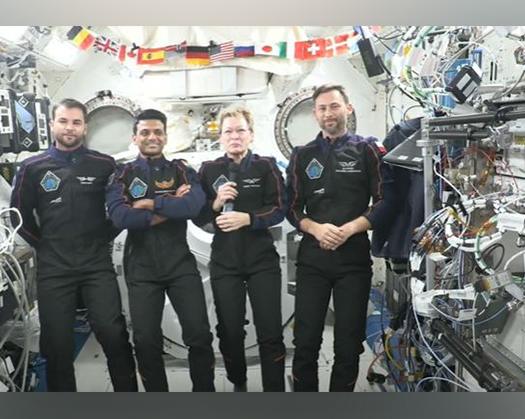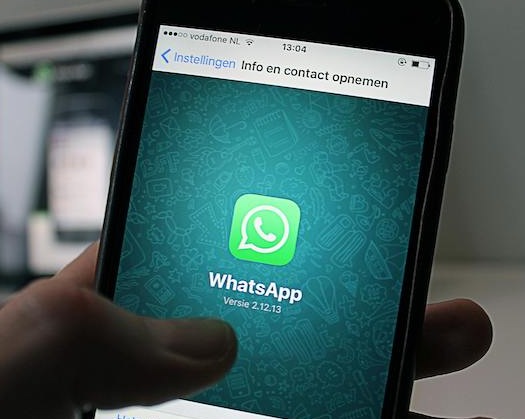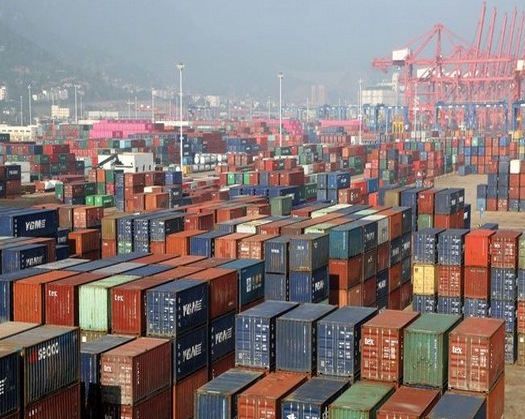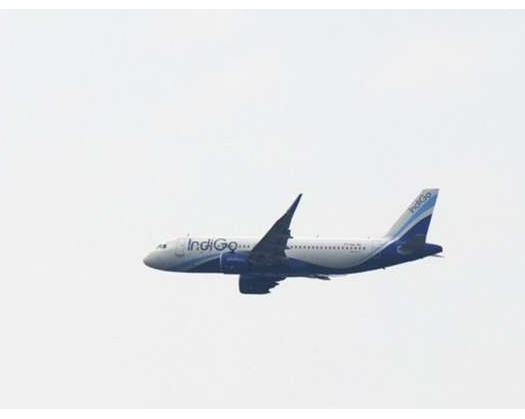Washington, DC: The Axiom-4 mission (Ax4) team, which includes Indian astronaut Group Captain Shubhanshu Shukla and three other crew members, is scheduled to undock from the International Space Station (ISS) on July 14.
According to the statement shared by Axiom Space, the Ax4 crew is set to undock from the Space Station no earlier than 7:05 am ET (around 4:30 pm IST) on Monday.
In a message on X, Axiom Space confirmed, "The Ax4 crew is scheduled to undock from the @Space_Station no earlier than Monday, July 14, at 7:05 a. m. ET. "
The crew was scheduled to embark on a return trip on July 10. The crew will not return to Earth as planned, extending their time on the International Space Station by at least four days, according to the European Space Agency (ESA).
Axiom Mission 4 was launched on June 25 via a SpaceX Falcon 9 rocket from Launch Complex 39A at NASA's Kennedy Space Centre in Florida. The Dragon spacecraft successfully docked with the ISS on June 26 at 4:05 p. m. IST, ahead of schedule, and connected to the station's Harmony module's spacefacing port.
The Axiom Mission 4 crew participated in a variety of research activities focused at furthering scientific studies, testing new technologies, and continuing global outreach initiatives in space exploration, Axiom Space revealed on its mission blog Tuesday.
According to Axiom Space, Commander Peggy Whitson, Group Captain Pilot Shubhanshu "Shux" Shukla, and Mission Specialists Slawosz Suave UznanskiWisniewski and Tibor Kapu have advanced scientific studies over the last few days, contributing to the mission's broader goals of space exploration and Earth-based innovation.
On Tuesday, the team conducted microgravity research. Group Captain Shubhanshu Shukla led three experiments. In the first place, he worked on the sprouts initiative to learn how microgravity influences germination and early plant growth. Once back on Earth, the seeds will be grown over multiple generations to observe changes in their genetics, microbial ecosystems, and nutritional profiles.
In another experiment, he used and stored microalgae, which are currently being studied for their ability to generate food, oxygen, and possibly biofuels. Their toughness and adaptability make them excellent for sustaining human life on long-duration missions, according to Axiom Space's blog.











